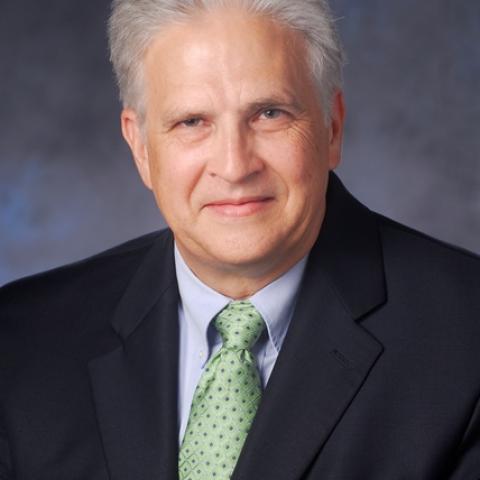Jechiel Jagoda
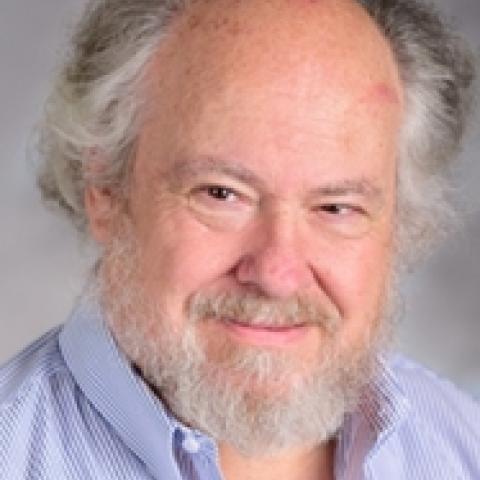


Laurence J. Jacobs is associate dean for academic affairs in the College of Engineering at the Georgia Institute of Technology, professor of civil and environmental engineering, and professor of mechanical engineering. Jacobs received his Ph.D. in engineering mechanics from Columbia University and joined the faculty of Georgia Tech in 1988. Prior to receiving his Ph.D., he worked for two years in the aerospace industry and for one year as a structural engineer.
Professor Jacobs’ research focuses on the development of quantitative methodologies for the nondestructive evaluation and life prediction of structural materials. This includes the application of nonlinear ultrasound for the characterization of fatigue, creep, stress-corrosion, thermal embrittlement and radiation damage in metals. His work in cement-based materials includes the application of linear and nonlinear ultrasonic techniques to quantify microstructure and progressive micro-cracking in concrete.
Jacobs’ publications have been cited more than 4900 times with an h-index of 39 (Google Scholar), 31 (Scopus) or 28 (Web of Science) and he is a Fellow of the ASME. Professor Jacobs’ research has been funded by DOE, NSF, ONR, AFOSR, DARPA, NASA, US DOT, Georgia DOT, Exxon-Mobil, EPRI, Sandia National Lab and GE. He has been the PI or co-PI on over $8M worth of contracts since 1990. Jacobs has graduated 16 Ph.D. students (5 women and 2 African Americans) and 65 M.S. thesis students.
Acoustics and dynamics, structural health monitoring, structural materials
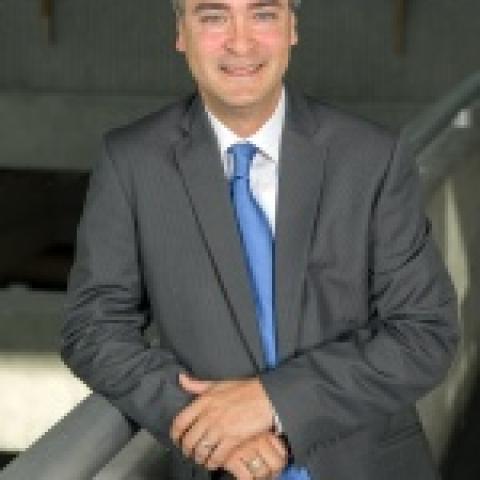
Building Technologies
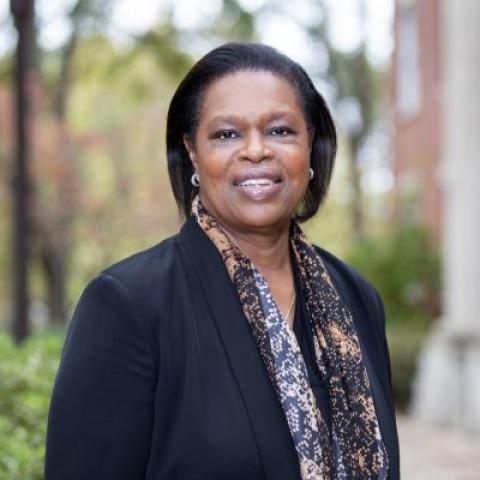
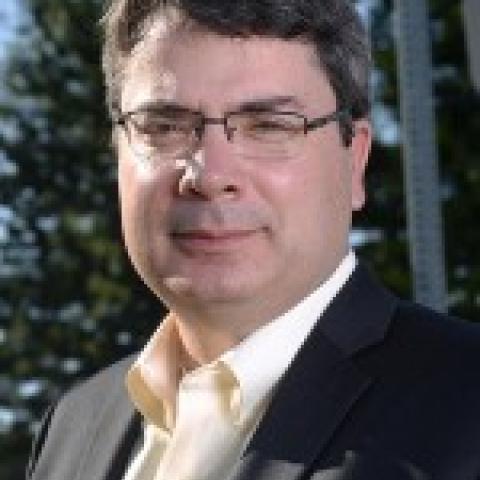
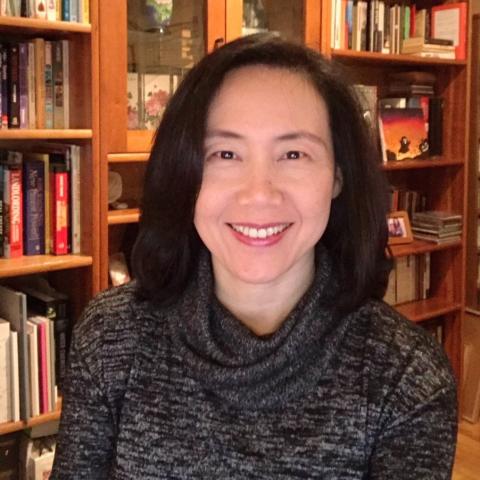
Ching-Hua Huang, Ph.D., is the Turnipseed Family Chair and Professor in the School of Civil and Environmental Engineering at Georgia Institute of Technology. Huang received her Ph.D. and M.S. degrees in environmental engineering from Johns Hopkins University. Huang’s expertise includes environmental chemistry, advanced water/wastewater treatment technology, contaminants of emerging concern, sustainable water reuse, waste remediation and resource recovery. Huang has supervised many research projects sponsored by various agencies, and has published more than 170 peer-reviewed journal papers, book chapters and conference proceeding papers. She is the Associate Editor of the American Chemical Society's Environmental Science & Technology Water and the Editorial Advisory Board member of Environmental Science & Technology.
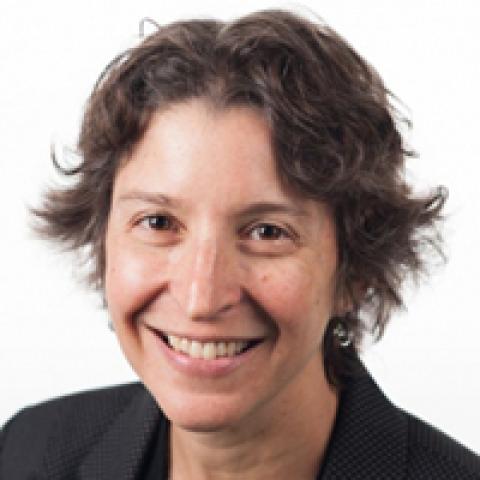
Dr. Jennifer Hirsch is an applied cultural anthropologist recognized internationally for fostering university and community engagement in sustainability and climate action. At the Georgia Institute of Technology, she is the inaugural Director of the Center for Sustainable Communities Research & Education (SCoRE), creating a culture of collaboration in which students, faculty, and staff engage in long-term relationships with community, government, and industry partners to build sustainable communities.
Dr. Hirsch’s research and teaching interests focus on: 1) equity in the sustainable built environment; 2) grassroots sustainability innovation; and 3) community leadership in energy equity.
Dr. Hirsch is also a co-founder and lead coordinator of RCE Greater Atlanta – a Regional Centre of Expertise on Education for Sustainable Development - officially acknowledged in 2017 by the United Nations University. She is also Adjunct Associate Professor at Georgia Tech’s School of City and Regional Planning. She serves on the faculty of The Asset-Based Community Development Institute hosted by DePaul University and on the Board of Directors of AASHE (Association for the Advancement of Sustainability in Higher Education).
Before coming to Georgia Tech, Dr. Hirsch worked in Chicago as Associate Director of Study Abroad at Northwestern University; as Urban Anthropology Director at The Field Museum of Natural History; and as an independent consultant with clients such as the City of Cleveland, Enterprise Community Partners, the U.S. Green Building Council, The Institute of Cultural Affairs, University of Illinois at Chicago, and Joliet Junior College. Dr. Hirsch received a Bachelor’s degree in American Culture from Northwestern University in Evanston, Illinois and a Ph.D. in Cultural Anthropology from Duke University in Durham, North Carolina.
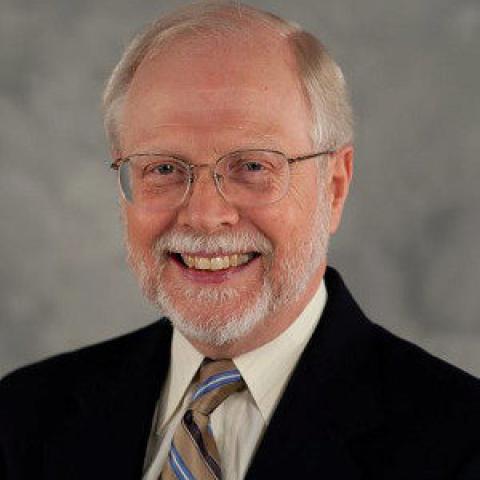
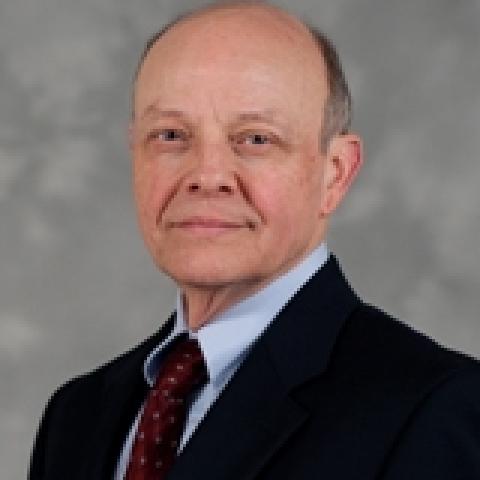
Dennis Hess’s research interests are in thin film science and technology, surface and interface modification and characterization, microelectronics processing and electronic materials. His group focuses on the establishment of fundamental structure-property relationships and their connection to chemical process sequences used in the fabrication of novel films, electronic materials, devices, and nanostructures. Control of the surface properties of materials such as dielectrics, semiconductors, metals, and paper or paper board by film deposition or surface modification allows the design of such surfaces for a variety of applications in microelectronics, packaging, sensors, microfluidics, and separation processes.
Electronics; Thin Films; Surfaces and Interfaces; plasma processing; Papermaking; Coatings & Barriers; Films & Coatings; Biomaterials
